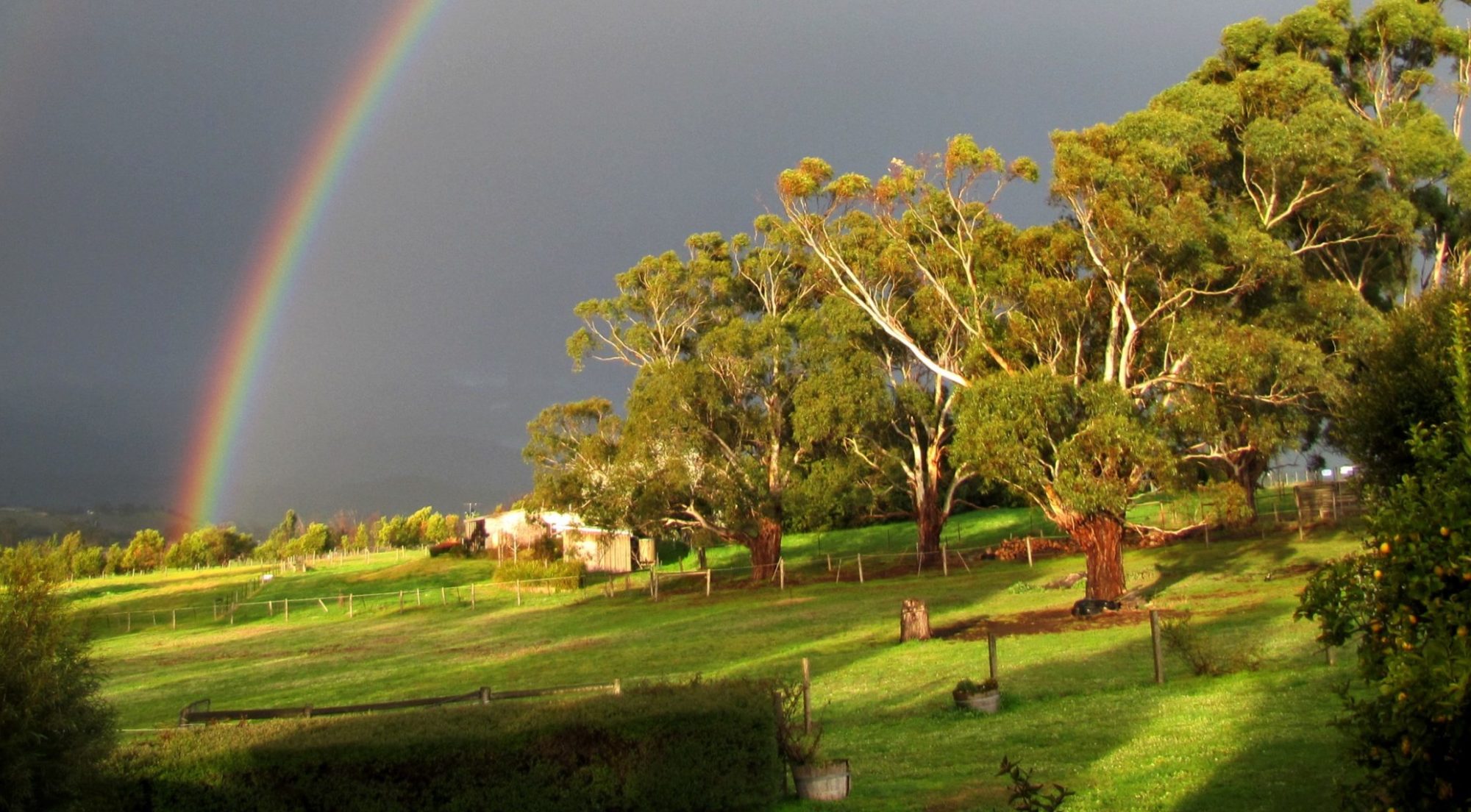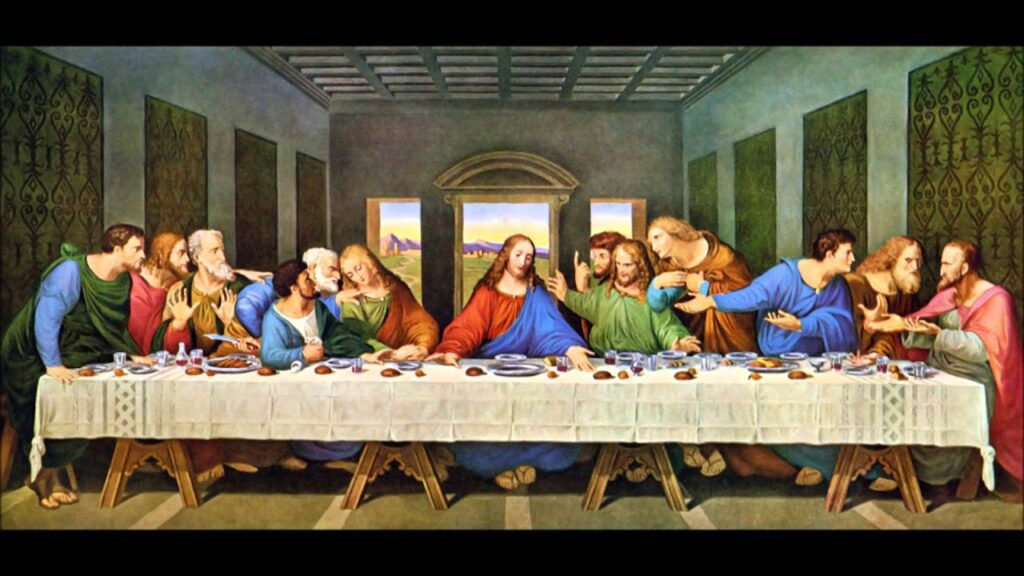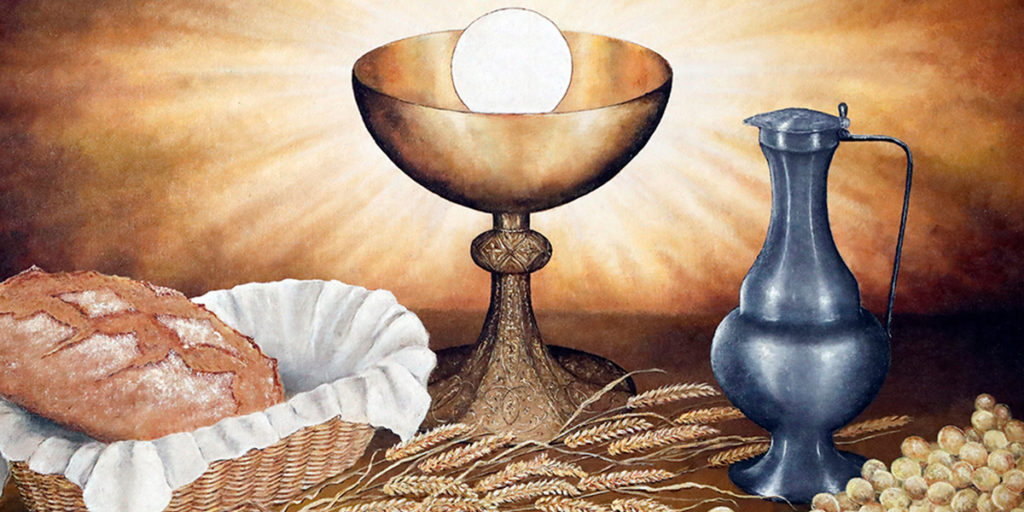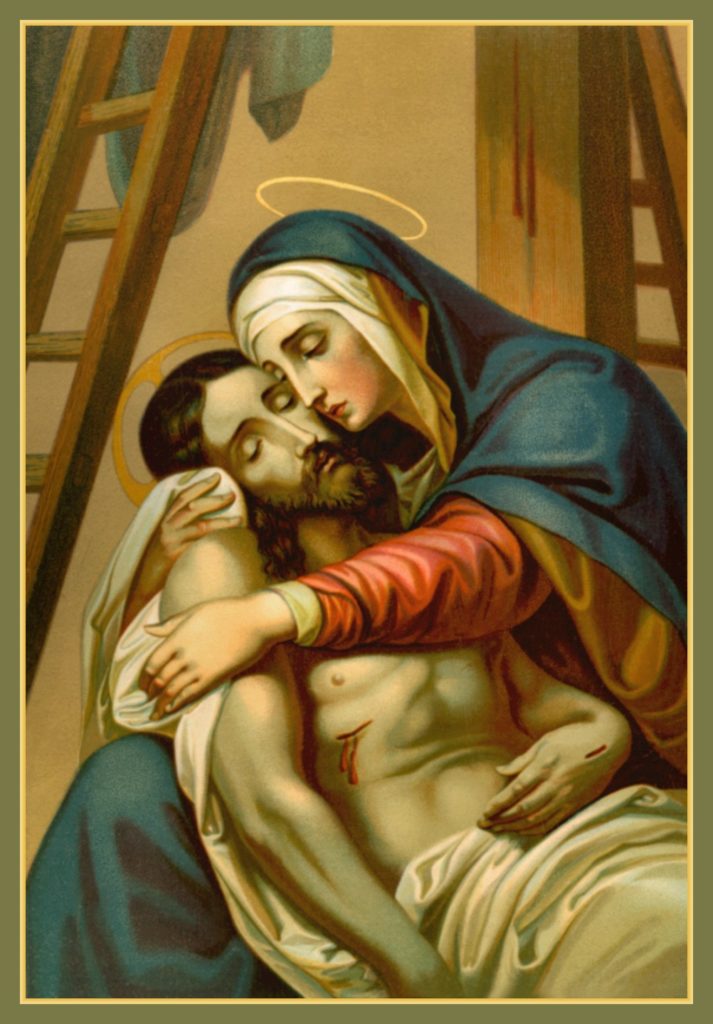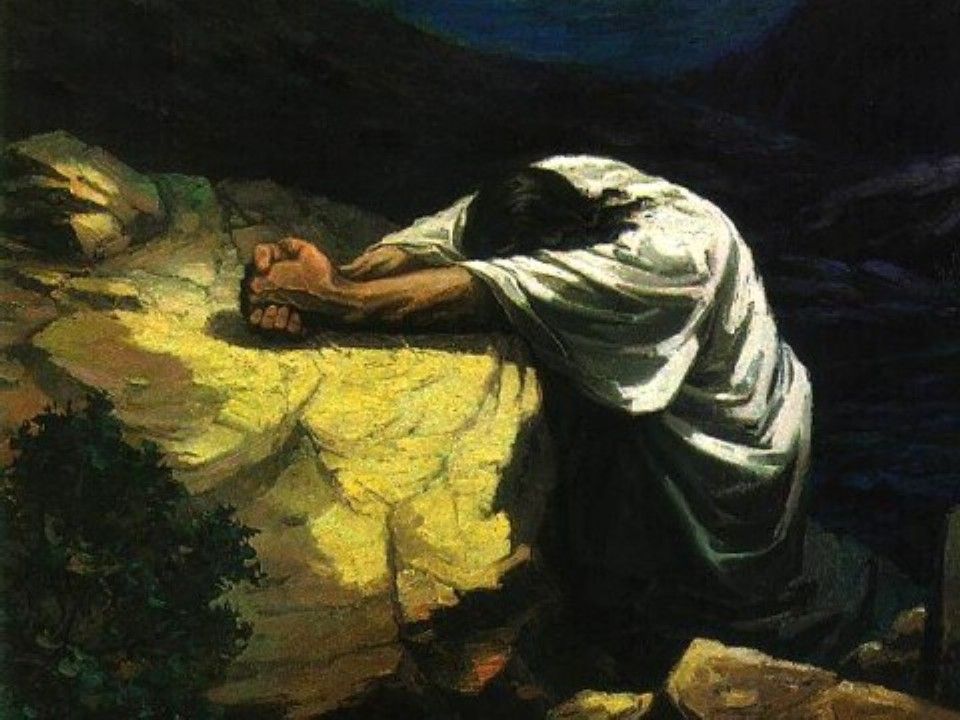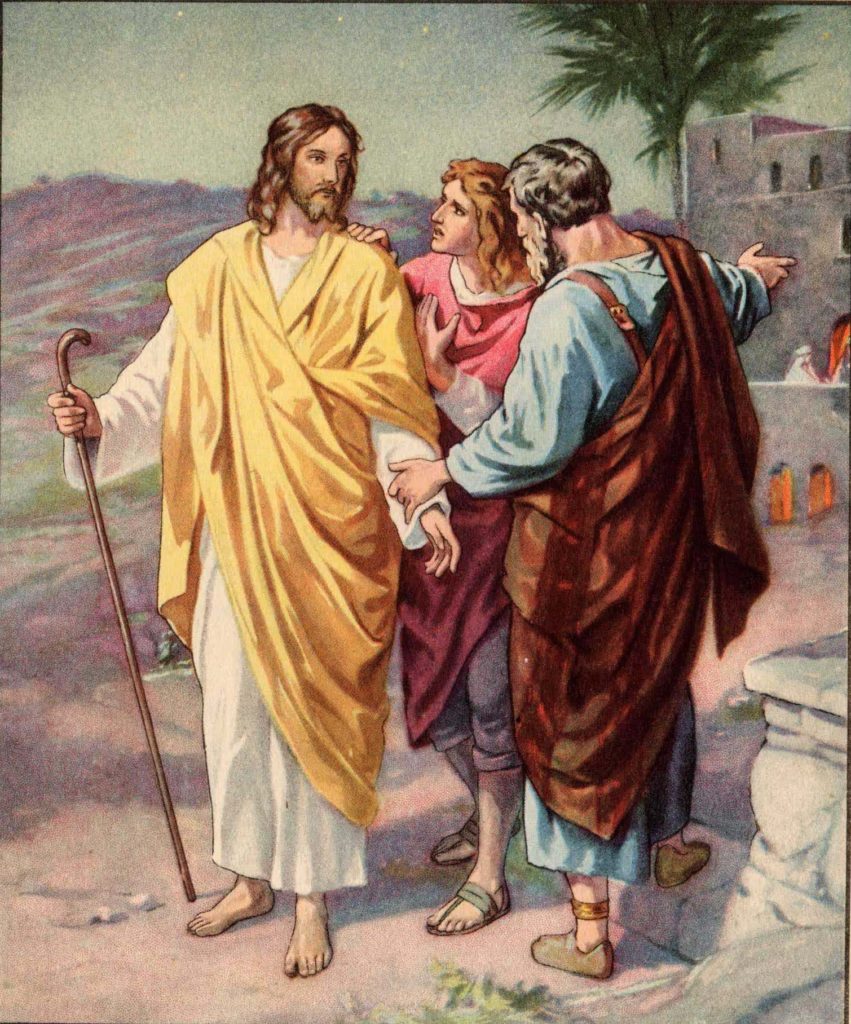Recently, I attended a funeral church service for a young man who had taken his own life. It was a sad occasion for the young man’s family. When the 83 year old minister of religion got up to speak I seriously wondered what he could possibly say that might bring comfort to the family and friends attending the service.
His words were a revelation to me and changed the attitude of many of those in attendance. He recounted many of the good things the young man had performed during his life for his family and the community and concentrated his talk on the ways he had helped and served others.
He spoke of a loving God who had been with the young man throughout his short life and who would never abandon him because of a serious mistake he made at the end. He recounted how Jesus had already died for our sins and wanted only to love us into eternity.
I left that church with a better understanding of a God who loves us rather than one who sits in judgement of our faults and failings and condemns us.
Since that day I have often thought back over that experience and have come to the realisation that we should not fear death and with some thoughtful advanced preparation actually embrace the thought of an eternal life.
Death is not something we openly talk about. It is seen by many as a taboo subject and if we raise the concept in a conversation or discussion we are considered to be morbid and advised to pick on a brighter subject.
Some just see it as inevitable and prefer to put it out of their mind until faced with its reality. Others either don’t believe in life after death or prefer not to think it might exist. While others are just plain scared about the thought of being judged for what they have done during their life.
If there is a genuine sorrow in our hearts for the things in our life we could have done better, then our God sees and understands this. So there is no need for us to constantly remind ourselves of our shortcomings and live with a fear of the fires of eternal retribution.
There is no doubt we will be judged after death but what form will that judgement take? A look at scripture can give us the answer (Matt.25:31-46). Without wishing to make this process seem too simplistic, it appears that the only criteria we will need to address is the answer to the Lord’s question, “What have you done for me”.
Surprisingly, those chosen to enter heaven, the sheep, will be unaware of when they had ‘done things’ for God. They ask; When had they fed him? When had they clothed Him? When had they welcomed Him as a stranger?
The simple answer comes when we are told, “When you did these things even for the least of my people, you did them for Me”.
We are told that the Kingdom of heaven is a heritage prepared since the foundation of the world for those who have ‘done things for God’. So it would seem that without even knowing it many of us are destined for the ‘sheep side’ rather than the ‘goat side’, providing we can satisfy the selection criteria.
The Process
What concerns me is that many people who are faced by death or even consider the subject become frightened of what they see as the ‘unknown’. Many fear the Lord’s judgement, seemingly only remembering those decisions and areas in their past where they could have performed better.
By spending some time to look back on our life in a positive way I believe we can soon come to realise that on many occasions we have been ‘doing things for our God’ without even being aware of our actions. Sure, there have been times when God would not have been happy with some of our actions but for starters let us just concentrate on the positive.
My purpose in suggesting this exercise is to let the individual see there will have been many occasions in their past life where they would certainly qualify to be one of the ‘sheep’ rather than the ‘goats’. With some prompting and use of key words I believe individuals can be assisted in this exercise. This would form the ‘Life As It Was’ segment of the process.
Having concentrated purely on the positive aspects of the past life, it would be good to look at what is happening in our present life that could fit into the ‘things I am doing for God’ category. The same process could be used where key words and suggestive ideas could be used to assist the individual examine their current situation. This would form the ‘Life As It Is’ segment.
Even though the whole process to date has focussed on how the individual has loved, helped and supported others, there still needs to be an opportunity given for contrition to complete the healing. While I would not suggest too great an emphasis be placed on this aspect I believe it is necessary to complete the process by explaining how much our God loves us and desperately wants us to be part of the ‘sheep group’. This would form the ‘Life As It Will Be’ segment.
The Logistics
Eligibility
Primarily the process is designed for Christians. However, I would dearly love it to be re-worked so anyone who believes there is, or could be, a life hereafter can obtain some benefit and peace of mind from the process.
Presentation
It could be presented to an individual or a group. Once the key words and thought suggestions have been documented for the presenter anyone could offer the process. It would seem more suited to being presented by a minister of religion or lay chaplains and other religious. These would probably have more credibility with older people.
Helping individuals to remember ‘Life As It Was’
Can you remember a particular time in your early childhood when you were particularly happy? Think about the fun you were having and those who were present at the time.
Did you have a particular friend either at school or with whom you came in contact? Why were you friends?
Growing up has its difficulties but can you recount a time when you were able to help someone? What were you able to do for that person?
As a young adult did you ever come across a situation where someone was being treated unfairly and you were able to support them in some way? What were you able to do?
As a member of a sporting team, was there an occasion when you were able to assist another team member?
Did you ever take a stance on an issue you felt was right?
Were you ever a member of a Community organisation or group? What did you do to help the community?
If you were married, what were some of the ways you showed love to your partner?
If you were blessed with children think of a particular instance with each of your children where you were most happy and loved them dearly.
Looking at ‘Life As It Is’
Are you active in or support any community or church organisation? How are you able to use the gifts God has given you?
Do you still love your children, their partners and any grand children? Are you able to help them by doing little things for them? Are you still part of their life’s adventures?
Do you have friends who rely on you for companionship? How are you able to help them?
Can you see ways of helping others that you haven’t explored yet?
Looking at ‘Life As It Will Be’
You can see from just this brief excursion into your life to date that there have been many times when you have befriended or helped others. Remember the words of Jesus: ”When you do these things even for the least of my people, you do them for me”.
Here are the words from He who has already suffered and died for our sins. He makes it very clear He has prepared a place for us in eternity. He knows what we have done for Him and he encourages us to keep loving one another, to keep doing ‘good things for Him’ because he desperately wants us to be with the ‘sheep’ when our time comes to face His judgement.
Don’t try and remember those things you know you should have done better. Just take a moment to thank God for remembering all the good things we have done and let Him know you are sorry for the not-so-good things.
Go away knowing that you are loved by a God who accepts our human failings but has a long memory when it comes to keeping a record of the ‘things we have done for Him’. Do not fear death, for this can only be the beginning of an exciting new awakening as you are welcomed into eternal life to a place that has been waiting for you since you were created.
I’m Peter Mack and that’s how I feel
March 2012
